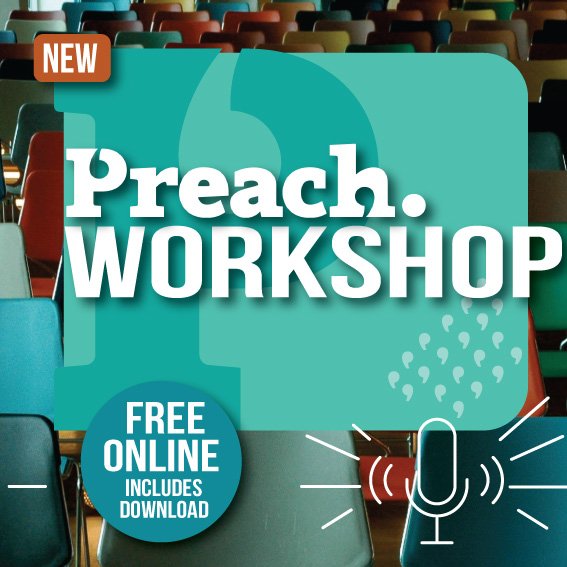Children and pensioners in poverty
/What’s the story?
New statistics suggest that nearly three-quarters of a million more people outside of the working age have fallen into relative poverty in the UK in the last four years. The Joseph Rowntree Foundation report said that since 2013, another 300,000 pensioners and 400,000 children have joined those already living in poverty, and that the chances of solving the problem “currently look worrying.”
What’s happening?
The UK government insists that since 2010, the number of people living in ‘absolute poverty’ – where they are unable to meet the basic standard of living – has fallen by more than 500,000. Yet a new report by the Joseph Rowntree Foundation suggests that in practice, millions of people are living in what they term ‘relative poverty’, with thousands more joining them each year.
‘Relative poverty’ describes a household which has an income of less than 60% of the average income for their family type, after housing costs are taken into account. For a single person, this is less than £144 a week; for a couple without children, under £248 a week; for a couple with two children, less than £401 a week.
While these figures might seem fairly high when talking about poverty, they are means tested against basic living costs which take into account things like food, power and other vital household bills. These are the levels of income which have driven thousands more people to use church and charity-run foodbanks, and access other similar services.
Campbell Robb, the Chief Executive of the JRF, told BBC Radio 4’s Today programme that “it is a real struggle for thousands and thousands of people every day to make ends meet.” He called the new figures “a real warning sign that our hard-fought progress is in peril.”
There are now 14 million people in the UK living in relative poverty. Four million of those are children, while 1.9 million are pensioners. And with rising household bills including those for food, fuel and mounting personal debts, the signs suggest that these numbers are likely to rise further in the coming years.
What have others been saying?
The Joseph Rowntree Foundation report is unpacked by Christian think tank Ekklesia here, with a link to download the full report.
The Guardian has produced in-depth coverage of the report, including various extra graphics and a comparison between poverty in the UK and other countries.
New research from the Institute for Fiscal Studies suggests that the number of children in poverty is set to rise further to 5.2 million over the next five years.
Connections
#1 – CARING FOR THE POOR
Jesus is absolutely clear about the priority for his followers to look after the poor. In Matthew 25: 31-40, Jesus famously sits on his throne as king and gathers all the people, dividing them into ‘sheep’ and ‘goats.’ Those to whom he promises an inheritance are defined by the way that they treated others – and specifically those who were in great need. In v35 he commends them because: “I was hungry and you gave me something to eat”, and in v36: “I needed clothes and you clothed me.” It appears from this passage that practically caring for the poor isn’t just a nice added extra of the Christian life, it’s a central behaviour of a true follower of Jesus.
#2 – SEEKING JUSTICE
Christians aren’t simply called to practically meet the needs of the poor, but also to address the systems that have placed them in poverty in the first place. Isaiah 1 v 17 says “learn to do right; seek justice. Defend the oppressed. Take up the cause of the fatherless; plead the case of the widow.” These aren’t simply acts of meeting immediate need, but long-term investments of time and energy in defeating the causes of need.
Points for prayer
- Pray for all those living in absolute poverty, that they would receive the help and support they need in the short term, and be enable to lift themselves out of poverty in the long-term.
- Pray for those struggling to make ends meet, and caught in what is termed ‘relative poverty’, that they would be able to escape the trap of spiralling debts, and be able to provide for their families.
- Pray for churches already working in this area, and for other charities, that they would have the means to be good news to those in poverty for the long term.
- Pray that more churches would find practical ways of serving those in their community who have become caught in poverty, and that more Christians would be inspired to demonstrate Jesus’ love through practical action.
Author Bio
Martin Saunders
Martin Saunders is Youthscape’s Deputy Chief Executive. A former editor of Youthwork magazine and the founding Editor of sister-title Childrenswork, Martin is a popular speaker and the author of various books including ‘Youth Work From Scratch’. He lives in Reigate, Surrey with his wife Jo and their four children.







